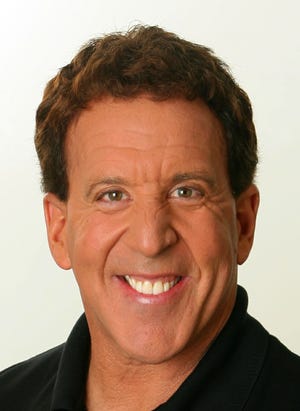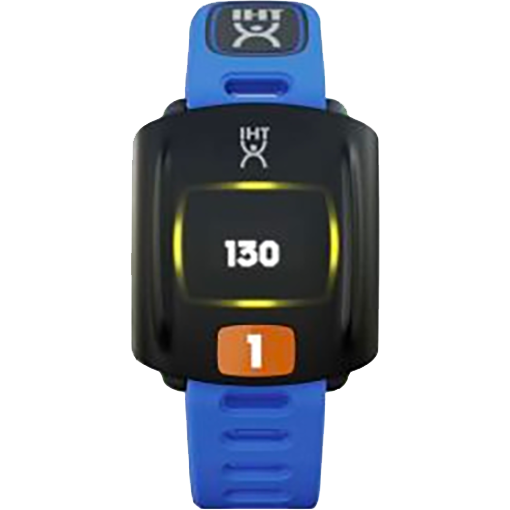Originally published March 16, 2021 by Seacoastonline.
By Jake Steinfeld
We know all too well about the physical effects that COVID-19 has had around the world including a rising death toll and a negative impact on the economy, but there’s an alarming invisible phenomenon happening as well – a rising toll on our mental health.
 The pandemic has led to increased depression, anxiety, substance abuse and suicidal ideation. In fact, several surveys including those from the Centers for Disease Control and Prevention (CDC) and the Kaiser Foundation found that 40 percent of U.S. adults reported struggling with mental health and/or substance abuse during the latter part of June 2020 alone.
The pandemic has led to increased depression, anxiety, substance abuse and suicidal ideation. In fact, several surveys including those from the Centers for Disease Control and Prevention (CDC) and the Kaiser Foundation found that 40 percent of U.S. adults reported struggling with mental health and/or substance abuse during the latter part of June 2020 alone.
Not only are adults struggling, but the pandemic is having an adverse effect on our kids as well. Since April 2020, children’s mental health-related emergency department visits rose dramatically for school-aged children and adolescents compared to 2019. For children aged 5-11, there was approximately a 24 percent increase and for young adults aged 12-17, the emergency room visits rose by 31 percent. Kids need social interaction to thrive but with schools closed, quarantining and social distancing, their well-being is suffering considerably. They are feeling lonely, stressed and suffering from high anxiety. With that said, there are steps we can take right now to help our kids improve their mental health.
I’ve been advocating the benefits of physical activity for more than 40 years now, typically as a way to combat obesity. However, during this unprecedented time, exercise is needed now more than ever. Not only will it help our kids get in shape, but it will help them improve their mental health, behavior and academic performance. The American Psychological Association reviewed 114 studies and found that “young people who exercise more have lower levels of depression, stress and psychological distress, and higher levels of positive self-image, life satisfaction and psychological well-being.”
Building a solid foundation of physical activity at a young age will put our kids on an upward spiral of success and lays the foundation for them to become strong, healthy adults. In my personal experience, I have found that when kids are building healthier, stronger bodies, they are also gaining confidence, self-esteem and their mental outlook is much improved. Years of research also support this. Low-intensity exercise has been shown to improve brain function and make people feel better while high-intensity workouts three to four times a week can reduce clinical depression. In fact, according to the 2018 Physical Activity Guidelines Advisory Committee Scientific Report children between the ages of 6 to 17 years who participate in physical activity have fewer symptoms of depression and “moderate-to-vigorous physical activity reduces the risk of developing major depression.”
There are many activities our kids can do at home with their family members such as push-ups, sit-ups, and jumping jacks. Or they can use a variety of items around the house such as towels for resistance training, a chair for triceps dips, or soup cans or milk cartons for total body exercises. If you have stairs, run up and down them to get your heart rate up. To make exercise even more fun for your children, join them, it’s really fun! And if you have the opportunity, go for a jog, a hike, or a ride bike or simply take a family walk around the neighborhood. Moderate exercise is really helpful and very rewarding both physically and mentally.
Bottom line is that we have a lot of time at home these days and we’ve all had to make major adjustments in our lives. Introducing physical activity that the whole family can take part in is just good medicine. It will help you maintain a healthy weight, improve mental fitness and ultimately enrich your quality of life. Don’t quit on your family!
Jake Steinfeld serves as chairman of the National Foundation for Governors’ Fitness Councils; whose sole mission is to provide Don’t Quit! Fitness Centers to elementary and middle schools throughout the United States.
Learn How the IHT Spirit System Supports Physical Education and Wellness in Schools:




